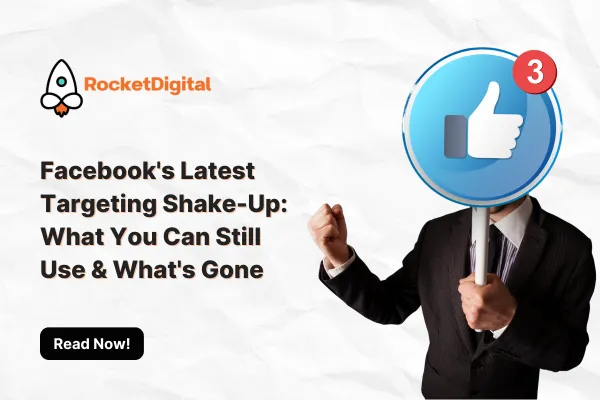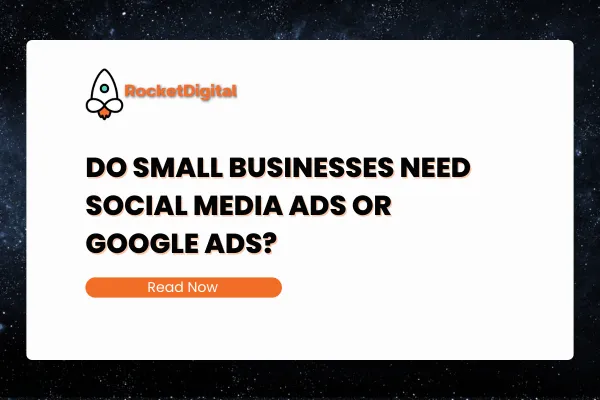How To Write Meta Tags That Improve Rankings and Clicks in Local SEO
Learn how to write meta tags that improve rankings and clicks in local SEO. A practical guide for small businesses on what works, what doesn’t, and how to do it right.

Learn how to write meta tags that improve rankings and clicks in local SEO. A practical guide for small businesses on what works, what doesn’t, and how to do it right.

Discover how Facebook's 2025 ad targeting changes impact your campaigns. Learn what targeting options remain, which are removed, and how to adapt your strategy with new tools like custom exclusions and Advantage+ detailed targeting for better results.

What's a good amount to spend on Meta ads? Discover a suitable ad budget, benchmark your ad spend, and maximize your ROI on Facebook ads.

Small business owners: Google Ads or Social Media Ads? Which online advertising platform is right for you? Compare Google Ads and Social Media advertising.